Books. There’s just something about books that demands a sense of reverence for their inherent value. As the Huffington Post recently demonstrated many people from all walks of life—authors and artists, statesmen and school teachers--have elaborated on the various aspects of books which give them their value and allure, elucidating for us the complexity of humanity’s relationship with books.
Clarence Shepard Day eloquently drives at the heart of books this way: "The world of books is the most remarkable creation of man. Nothing else that he builds ever lasts. Monuments fall; nations perish; civilizations grow old and die out; and, after an era of darkness, new races build others. But in the world of books are volumes that have seen this happen again and again, and yet live on, still young, still as fresh as the day they were written, still telling men's hearts of the hearts of men centuries dead."
With the deepest gratitude I am able to say my parents raised me in a house very similar to the home of Clarisse McClellan in Ray Bradury’s famous Fahrenheit 451. With a bookshelf or two in almost every room and a hallway lined with books leading to an office library in which almost every inch of wall-space was covered with books the incomparable value of books was impressed upon us all from a very early age. Through I had no label for it until I was in college, in retrospect I realize that my parents very much followed the Charlotte Mason method when homeschooling us. Though we had textbooks for almost every subject, much of our learning came from reading my parents' vast treasury of books and constantly discussing the ideas, stories, and facts contained within them. All that reading and the ensuing conversations contributed immensely to who I am today.
Because the books my parents filled our house with were there for the use and enjoyment of my parents and all of their nine children, and because the books were valued almost as sacred objects because of what they contained, they were treated like library books and we were to handle them with care, being sure not to mark or mar them in any way. Thus while I learned to love books and constant learning and the discussion and evaluation of philosophies in the market place of ideas, I didn’t learn until college to really own a book, to create a permanent and evolving conversation between the author and myself by marking up the book, by turning down pages, highlighting favorite sentences, and scribbling notes in the margins. Upon reflection this is rather funny considering how I regularly did those things in the most sacred text of all, the Holy Scriptures. The difference was that as a Protestant I was taught that everyone should have their own copy of Scripture so that they might, through the ministry of the Holy Spirit, directly and intimately receive divine revelation from Yahweh, whereas all other books were communal possessions and thus to be kept unmarred so that one person’s use of the book did not inhibit another’s. Thus when my literature profs suggested I mark up the books we were required to read for class I was initially appalled and had to get over the ingrained feeling that to do so would be to desecrate something scared.
Now though, I see it as one of the most valuable lessons I learned in college; I seldom read a book without marking it up. This allows for a continuing conversation with the author and my own self in which I can respond in the moment and then return to that thought, that moment of epiphany, of synthesis, later and continue the thought process sparked by the authors words, and reevaluated the authors words and my response. Indeed this skill and process has been of great value to my marriage as my wife and I read books together, both of us writing in the book, responding to the author and each other by writing comments in the books as we digest the book’s contents.
I highly recommend developing a system of notation and analysis for your own reading which makes organic sense to you, but for those who may have never done anything of the sort before I’ve outlined the system my wife and I use (it’s pretty simple), over at Skipping Bachelorhood as a guide to get you started.
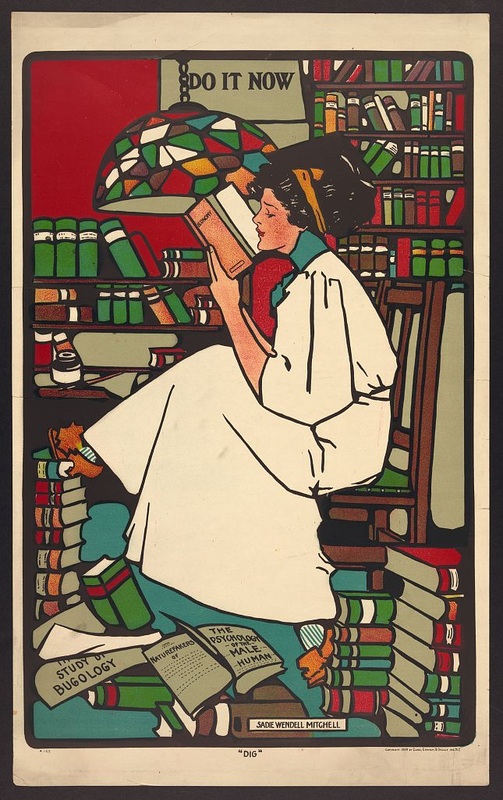

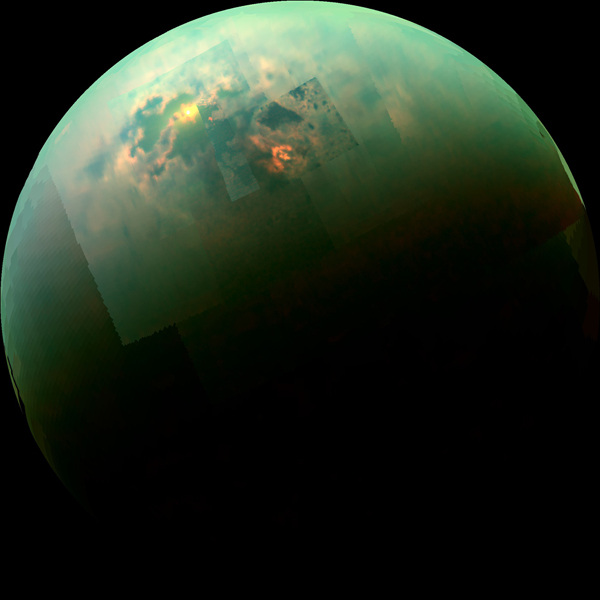
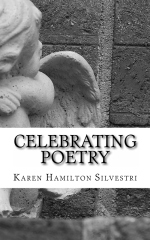
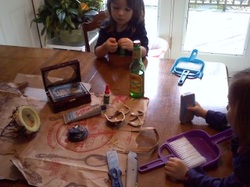
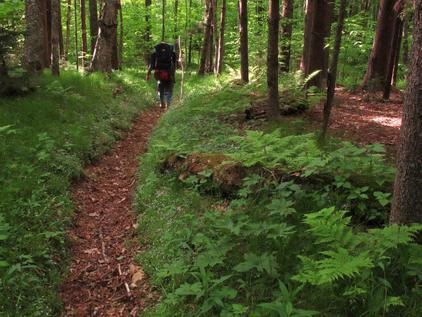

 RSS Feed
RSS Feed
